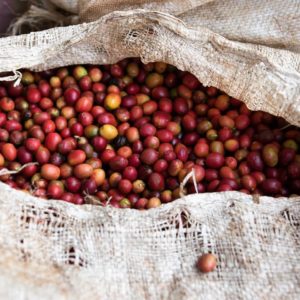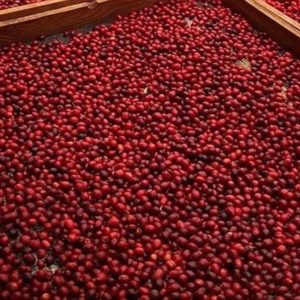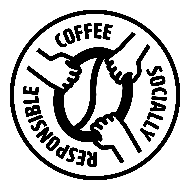Located on the mountainous slopes of the Rio Colorado valley at an altitude of 1,150 meters above sea level on the cordillera de Celaque, the most extensive and preserved rainforests in Honduras hosting the Cerro Las Minas, the tallest peak in Honduras, Finca Platanares produces an inimitable shade-grown coffee.
Traditionally, all coffee was shade-grown. Most varieties of coffee are naturally intolerant of direct sunlight and prefer a canopy of sun-filtering shade trees. As a result of modernization and a push for higher yielding crops, in the mid-1970s new sun-tolerant and fungal-resistant coffee varieties have been developed. Whether this change allowed a significant increase in productivity, on the other hand, it had a negative impact on the environment. This has resulted in a new trend in support of shade-grown coffee.
Shade-grown coffee is a true sustainable farming method with a tangible, positive impact on the environment. Recent data have shown that between all agricultural land uses, the shade-grown coffee is most likely the crop that supports the highest diversity of migratory birds and native flora and fauna; birds and mammals alike play a large role in pest control by eating many herbivorous insects, with a consequent increase in bee abundance and a better pollination process for the whole eco-system. Plus, shade-grown coffee helps reduce soil erosion, stabilize mountainous slopes and save soil moisture: less runoff of surface water and greater water retention means less leaching of nutrients, further recharged by the added leaf litter and other plant material falling from the shade trees, that increase soil nutrients such as carbon and nitrogen.
All coffees from the farm are shade-grown under plane and bananas trees, carefully harvested by hand and meticulously sorted before being delivered for processing to the mill.
As the local communities have always lived in symbiosis with their territory, so this coffee estate does: Finca Platanares emphasize the preservation of natural resources, the sustainability of its production process, the social responsibility for all the people involved in the production, and supports a re-forestation program aiming to preserve the local eco-system, the biodiversity and water river protection.
Finca Platanares is involved in many social projects for the local community, such as the creation of a virtual library for children and young people, the development of policies and training courses on the child labor prevention, the creation of a youth soccer academy, the support to rural clinics for the financing of medical personnel and supplies, the creation of medical teams dedicated to the vaccinations in the most internal areas, and much more.






